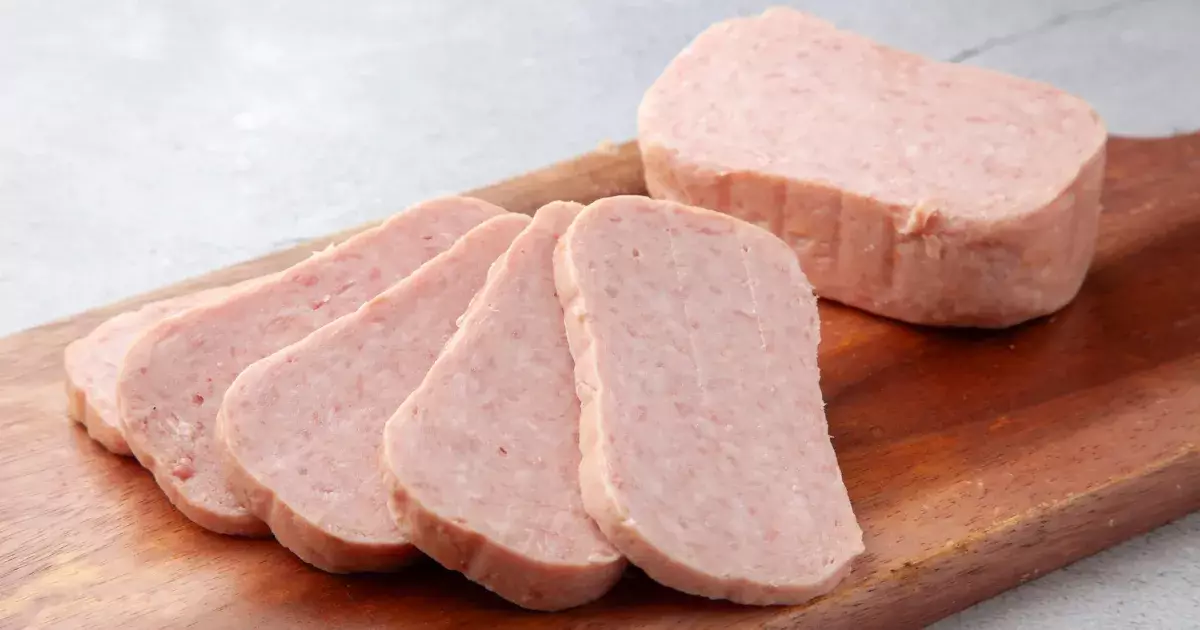While it might seem harmless to share your lunch with your canine companion, not all human foods are suitable for dogs. Spam, a popular processed meat, is one such food that you should absolutely avoid giving to your pet. Though the primary component is pork, which, in a pure form, isn’t harmful to dogs, the additional ingredients can lead to serious health issues. Spam is packed with sodium, unhealthy fats, and various preservatives that could jeopardize your dog’s health.
Understanding the Risks of High Sodium and Fat
One of the most pressing concerns about Spam is its extraordinarily high sodium content. Sodium is not just a flavor enhancer; excessive consumption can lead to numerous health complications for dogs, including hypertension and heart disease. The risks multiply when dogs indulge in salty foods like Spam, which can result in salt poisoning. Symptoms of salt poisoning can range from vomiting to neurological disturbances, making it a dangerous food option for our four-legged friends.
Additionally, Spam’s high-fat content is concerning. While dogs do need some fat in their diets, overly fatty foods can lead to obesity—an issue that is alarmingly common in pets today. Obese dogs are susceptible to various life-threatening conditions such as diabetes, joint problems, and even certain cancers. The situation worsens with the possibility of pancreatitis, a painful condition that can arise from an excessive intake of fatty foods.
The Ill Effects of Preservatives
Another layer of risk comes from the preservatives and additives present in processed meats like Spam. Ingredients such as nitrates and various chemical preservatives may disrupt your dog’s digestive system and overall health. Unlike fresh, whole foods, which offer beneficial nutrients, processed meats can introduce harmful substances into your pet’s system. Over time, these additives can accumulate and contribute to chronic health problems.
What to Do If Your Dog Eats Spam
If your dog does manage to snag a piece of Spam, the response should depend on how much they ate. For a small bite, there’s usually no cause for alarm, but it’s always wise to monitor for any signs of distress such as vomiting or diarrhea. However, if your dog has eaten a larger portion, it’s crucial to reach out to your veterinarian for advice. They will assess the situation and can provide guidance on any necessary interventions, often asking how much Spam was consumed to determine if your dog is at risk of dehydration or sodium poisoning.
The Bottom Line: Choose Wisely
Deciding what to feed your dog is a crucial aspect of responsible pet ownership. While treating your pet is a way to express love, you must prioritize their health by steering clear of processed foods like Spam. Opt for healthier, dog-friendly alternatives instead, such as lean meats and vegetables that are safe and beneficial for canine consumption. Remember, your dog depends on you to make the best choices for their well-being.

